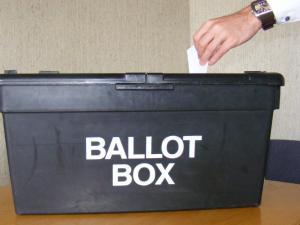
By David Young, Press Association
The General Election will see voters in Northern Ireland casting a ballot for the seventh time in three years.
Election fatigue has been one of the explanations offered for what was a low-key campaign in the region.
The poll comes just three months after a snap Assembly election triggered by the collapse of powersharing.
For many local politicians the general election was an unwanted distraction from efforts to restore the Stormont institutions.
Floundering negotiations to re-establish a coalition government in Belfast, which were put on ice during the campaign, will resume once the dust settles on Thursday's results.
The ongoing Assembly crisis blurred the lines between Stormont and Westminster issues on the campaign trail, with the blame game over the implosion of devolution spilling into the race for Westminster seats.
As in the rest of the UK, Brexit was a key campaign issue. While Sinn Fein, the SDLP and Alliance all called for some form of special designated EU status for Northern Ireland after the UK exits, the Democratic Unionists and Ulster Unionists steadfastly opposed anything that differentiated the region from Great Britain.
Since last June's EU referendum, the Brexit debate in Northern Ireland has become increasingly intertwined with the constitutional question. Nationalists and republicans claim the UK decision to leave the EU, in the face of a 56% remain vote in Northern Ireland, highlights the case for a united Ireland. Unionists insist support for remaining in the EU cannot be interpreted as a swing in public opinion toward unification.
Those contrasting views were played out during the election, with the DUP urging voters to strengthen the Union and Sinn Fein encouraging supporters to add momentum to their campaign for a border poll.
With loyalists having murdered a man in Co Down in the middle of the campaign, the continued influence of paramilitaries in Northern Ireland became a key issue in the latter stages of the campaign.
The DUP was forced to distance itself from the endorsement of an umbrella group representing loyalist paramilitaries, while Sinn Fein defended the inclusion of convicted IRA bomber Sean Kelly on its canvas team in north Belfast.
In the 2015 general election, the DUP won eight seats, Sinn Fein four, the SDLP three, the UUP two, with one independent unionist returned.
A formal pact struck between the DUP and UUP two years ago was not replicated this time round, though both parties did step aside in certain battleground seats to maximise the pro-Union vote.
Meanwhile, a mooted "anti-Brexit" pact between pro-Remain parties such as the Greens, SDLP and Sinn Fein failed to materialise.
Despite the largely uneventful campaign, at least six of the 18 seats are set to be tightly fought.
Three Belfast constituencies - South, East and North - along with South Down, South Antrim and Fermanagh and South Tyrone could all go down to the wire.
Counting will take place at seven centres across the region, with results expected during the early hours of Friday.


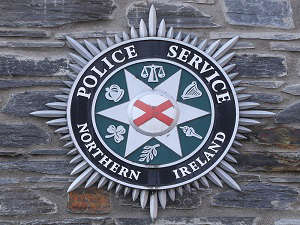 Teenage girl killed in road crash named as Kamile Vaicikonyte
Teenage girl killed in road crash named as Kamile Vaicikonyte
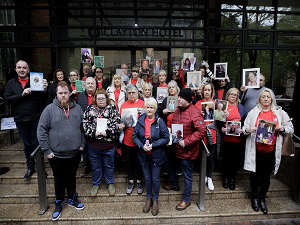 Covid-19 inquiry ‘an opportunity for candour’ from Stormont leaders
Covid-19 inquiry ‘an opportunity for candour’ from Stormont leaders
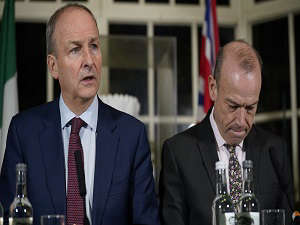 UK and Irish ministers to meet amid row over migration
UK and Irish ministers to meet amid row over migration
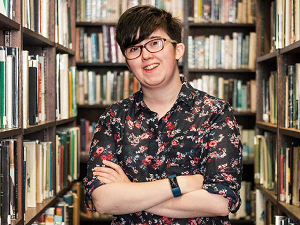 Three men set to go on trial for murder of journalist Lyra McKee
Three men set to go on trial for murder of journalist Lyra McKee
 Swann refuses to rule out resigning if budget is not changed
Swann refuses to rule out resigning if budget is not changed